
Body and Mind: Effectively Treating Manic-Depression and Bi-Polar Disorder with Acupuncture
Manic-depression and Bi-Polar Disorder are conditions that affect many people. When exploring treatment options, one does not always immediately think of acupuncture. However, as an acupuncturist I have had a lot of success helping manic-depressants regain control of their lives. I’ve come to see acupuncture as one of the most effective treatments for manic-depression and bi-polar disorder.
The Chinese medical classics discuss manic-depression quite thoroughly. The Classical Chinese term used is Dian Kuang.
What I’ve noticed in the manic-depressive patients I’ve treated is often a great deal of internal inflammation that harasses the person’s mind and spirit leading to a “manic,” restless, irritable state of being. When the inflammation begins to damage the functional energy of the body and the blood, this when the “depressive” stage seems to begin. I’ve also noticed a heightened sensitivity to stimuli, which can be further exacerbated by extremes in lifestyle (over-stimulation and/or under-nourishment).
I like to share success stories from my acupuncture clinic, as I feel they give people hope. There’s nothing so dispiriting (and challenging to the healing process) as hopelessness and the feelings of aloneness it brings. Feelings of shame and guilt surrounding a condition are also very damaging to a person’s overall health, challenging the potential for its healing.
Recently a patient came to me in the midst of a severe manic-depressive low. She felt (and looked) utterly burnt out. She was in a state of despair, lacking motivation, and unable to stop engaging in behavior she knew was self-destructive. She was overwhelmed with feelings of fear, and unable to engage with life. She felt desperate, not knowing what to do or where to go. She was also losing weight, unable to sleep, with a loss of appetite and pain all over her body. She and I had worked together before, so we both knew we could pull her out of this crisis.
Treatment began by trying to stabilize the patient, helping her regain a sense of hope and animation. I also worked to clear the agitation and fear from her spirit. Her pulses (the classical Chinese medical way to assess a person’s vitality) were very weak and depleted. We needed to spend some time rebuilding the body’s resources, returning the functional current to her systems. This process took a few sessions to achieve.
When the patient was finally stabilized, we worked on rebuilding the “will” to stop engaging in destructive, compulsive behavior. I had to be careful not to push the body too far too quick, as this can potentially overwhelm the patient. One must move slow when dealing with such states of being as manic-depression. Physiologically the area of the body that was most disturbed was the hormonal-endocrine system, which would be classified as the “Water Element” within Chinese medicine comprising the Kidney and Bladder acupuncture channels. When treating this system, one must work slowly and deeply, helping the patient find their own way, in their own time. Otherwise the system can become shocked and resist treatment, becoming rebellious.
After about 10 treatments, stability was regained, and a sense of animation and motivation returned. The patient even began dating someone, regaining contact with the world. The one thing I had to be cautious about as her acupuncturist was “building” her system up too much, as she had a tendency to become manic at times, as seen by an exuberance of heat that would sometimes build in her pulses. I questioned her about her lifestyle, counseling that she’d benefit from staying away from activities or substances that were too stimulating. That she should support herself with more calming lifestyle choices, such as an early bedtime and sufficient quiet time. There was obvious hesitation about these activities, as she’d just come out of a depression, so we discussed that they should not be too much in excess. I challenged her to find healthy boundaries around stimulating vs calming activities, not engaging in either side of the spectrum too long or too intensely – making sure to balance one with the other regularly.
Longterm treatment of manic-depression is more than just stabilizing a crisis when it hits; it is about cultivating balance and support within the system on a deep physical level – within the hormonal-endocrine (Water Element) system. It is also about helping the patient become more conscious of a lifestyle that will support on-going balance and stability. My patient had to discover what activities threw her system out of balance, and which activities helped regain that balance. She had to build up a sense of inner strength, willpower and willingness to take responsibility for her own health. This remains an ongoing process.
The Chinese medical classic Ling Shu/The Spiritual Pivot discusses manic-depression (Dian Kuang) as both a physical and emotional condition. The text speaks of it as “traveling” through various parts of the body, giving rise to emotional symptoms. This is how an acupuncturist looks at manic-depression: its origination, progression and treatment.
The unique approach Classical acupuncture takes in the treatment of all conditions is by looking at them physically as well as emotionally. Emotional disorders are actually described and treated based on where they are “traveling” physically in the body. Physical disorders are often described in emotional terms, giving the affected person ways to work with their minds – to begin to unravel the condition from within.
Acupuncture believes the most effective treatment, whether it’s a psychological or physical condition, is by working with both the physical body as well as the spirit.
Withdrawal (depression – “Dian”) begins with a “lack of happiness” and physical symptoms associated with depression: heaviness of the head and body, heavy thoughts, repression of feelings, as well as redness of the eyes and a tendency towards anxiety and over-exaggeration – situations feel much worse than they are: there’s a sense of over-dramatization, rationalization and a wish to escape/withdraw from life. The eyes lose their sparkle, and the person begins seeing everything as hopeless, boring and negative.
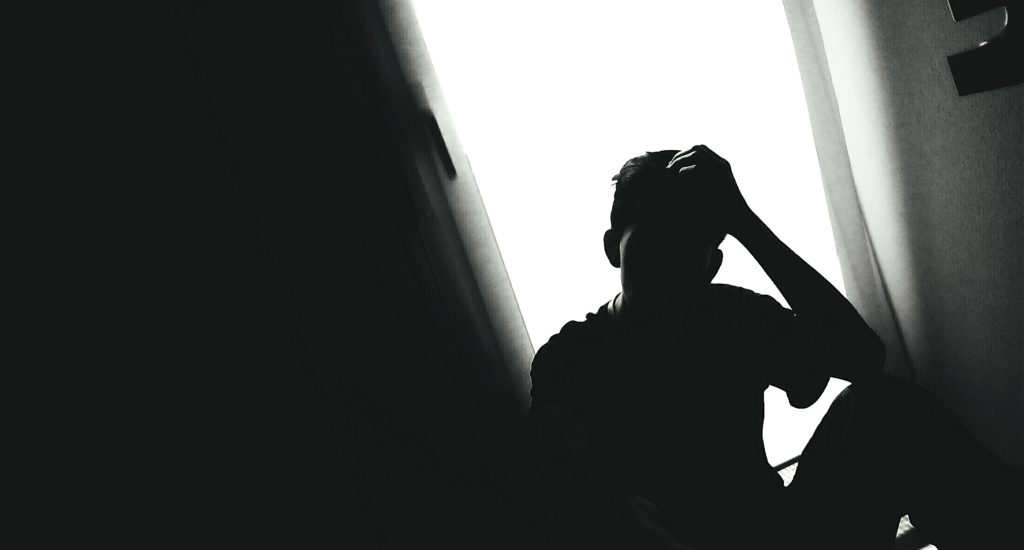
Silhouette Of Disappointed Man With His Head In Hands
The Chinese medical classics says “Dian” can begin “around the mouth” – in the jaw, teeth and cheekbone – as twitching or tension (teeth grinding, TMJ), “resulting from fear that has seized the Heart, potentially giving rise to panic.” When the condition “moves into the cheekbones,” there will be sweating, a tendency to fidget, with anxiety. The condition can even move into the “energy channels” to create tremors and spasm – neurological symptoms. Finally, if the “Dian” moves into the muscles, the person feels “beaten and defeated” which can cause swelling of the arms and legs, as well as stiffness of the back and neck. These are all common psycho-somatic symptoms commonly associated with depression.
When the acupuncture classics say an emotional condition “begins” somewhere on the physical body, they are also saying acupuncture points around these areas (or those that effect these areas) should be used in treatment. For example, manic-depression is said to originate around the sensory organs of the face. To treat depression, one must use acupuncture points that “open” and “release” the eyes, mouth and head. This suggests manic-depression is a condition involving blockage in the head and senses.
The manic stage of manic-depression (“Kuang”) is obviously more exuberant than “Dian” (the withdrawal stage), with lots of “heat” symptoms manifesting. “Kuang” can manifest in restlessness, “grandiose delusions,” lack of hunger or ravenous appetite, “screaming” and a tendency to “act-out” compulsively and become rather out of control. In many ways, the classical description of “Kuang” bears a lot of resemblance to the modern profile of the compulsive, addictive personality.
Mania can initiate from grief, bitterness, anger and “an inability to remember the good times in life.” The classics state that mania can begin with a state of “great joy” (feeling “high”), or by “great fear” – both of which disturb the spirit and throw the system out of balance. Maintaining a sense of stability in the emotions is key to preventing a bout of manic expression. One can see why the use of drugs like crystal meth, crack and cocaine can have such devastating effects on the system. There is a strong hormonal relationship to manic-depression. Drug use is highly detrimental to hormonal health. It can easily throw a person into a manic-depressive crisis.
“Kuang” can progress into weight-loss and emaciation, with a sense of fear and sadness, as well as violent, impulsive outbursts.
“Kuang” can progress into a personality of self-righteousness, demanding respect and a tendency to be negative and critical of everything. This can progress into delusional behavior and extreme emotional upheaval.
Interestingly enough, with “Kuang” the medical classics suggest treating “the tongue,” and once again the head.
It must be said, when I say the acupuncturist must treat the eyes, jaw and tongue, this doesn’t always mean acupuncture needles will be placed in these sensitive areas. Acupuncture is highly sophisticated, possessing many points that effect all parts of the body. For example, one of the most effective points to treat the eyes is on the lower leg; one of the most effective points to treat the tongue is on the lower arm. Part of the art of acupuncture is to make the treatment process as comfortable and painless as possible, using points that are easy for the patient to take.
In treating “Dian Kuang”/manic-depression, one must assess the affected person’s lifestyle. Some people possess high sensitivity to mental-emotional disturbance. Some people have highly addictive personalities. Some people are highly sensitive to their environments, experiencing changes in their lives and the words and actions of others in extreme, highly volatile ways.
The Chinese medical classics warn that extreme highs or lows can easily trigger a manic-depressive crisis. The person who has a sensitivity to “Dian Kuang” will often try to self-medicate, engaging in activities that make them feel “high” when they are experiencing a “low,” or things that bring them down if they are becoming too charged up. One must acknowledge and honor this. Drug use and addictive behaviors such as over-consumption of food, sex, alcohol, work ect can often be an attempt to balance something in the personality (and/or hormonal system) that is out of balance. The person must be made aware of this, and helped to ease feelings of shame and guilt relating to their behavior. They must also be supported hormonally so they can regain a sense of stability, and ease off of destructive behaviors. They must also become more conscious of triggers in their lives: behaviors that may bring on a manic-depressive crisis. Such things as over-doing things in their lives (too much work, sex, stimulation), or deficiencies (lack of exercise, proper nutrition, socialization, rest ect) must be addressed as being potential triggers for a crisis.
Classical acupuncture believes psychotherapy or psychotrophic drugs on their own are not enough to treat conditions such as manic-depression. One must work on both the mind and the body to achieve the necessary changes. This is why the Chinese medical classical describe psychological conditions always in physical as well as emotional language. One must work on changing the physical body as well as the mindset to adequately treat the psychological condition. This is arguably why acupuncture is so effective in the treatment of psychological conditions such as manic-depression and bi-polar disorder. It is especially ideal as a companion treatment to traditional psychotherapy.

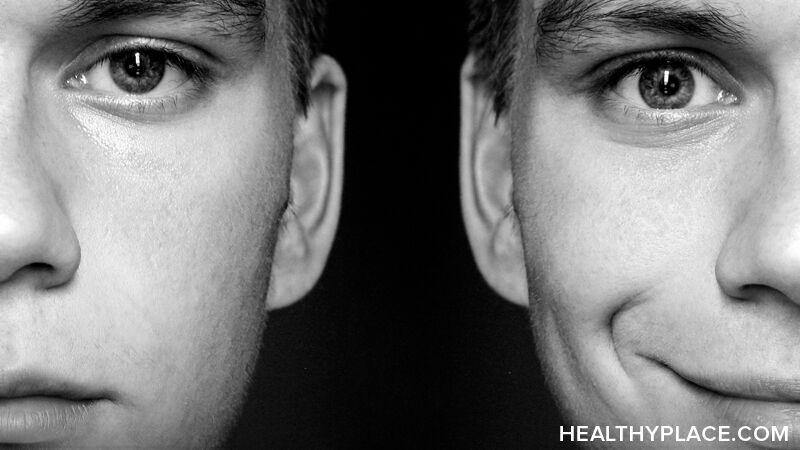

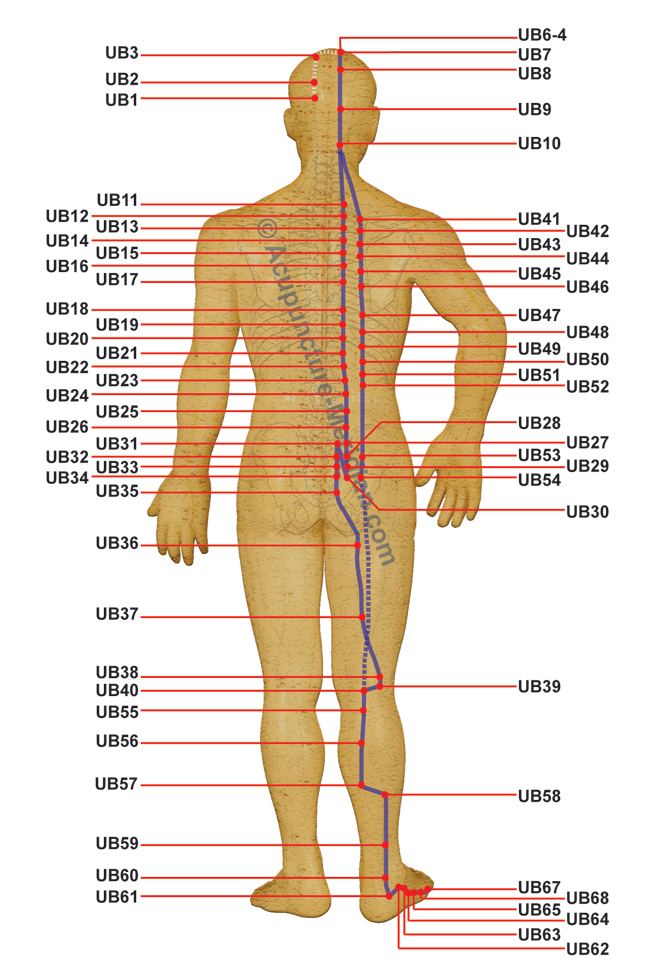


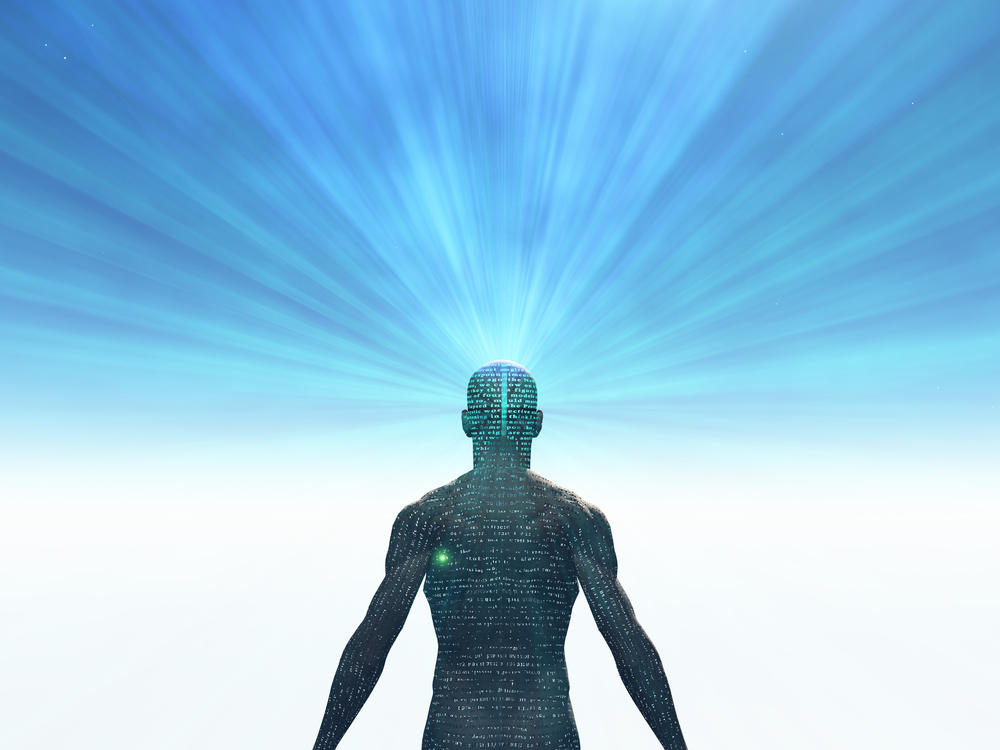
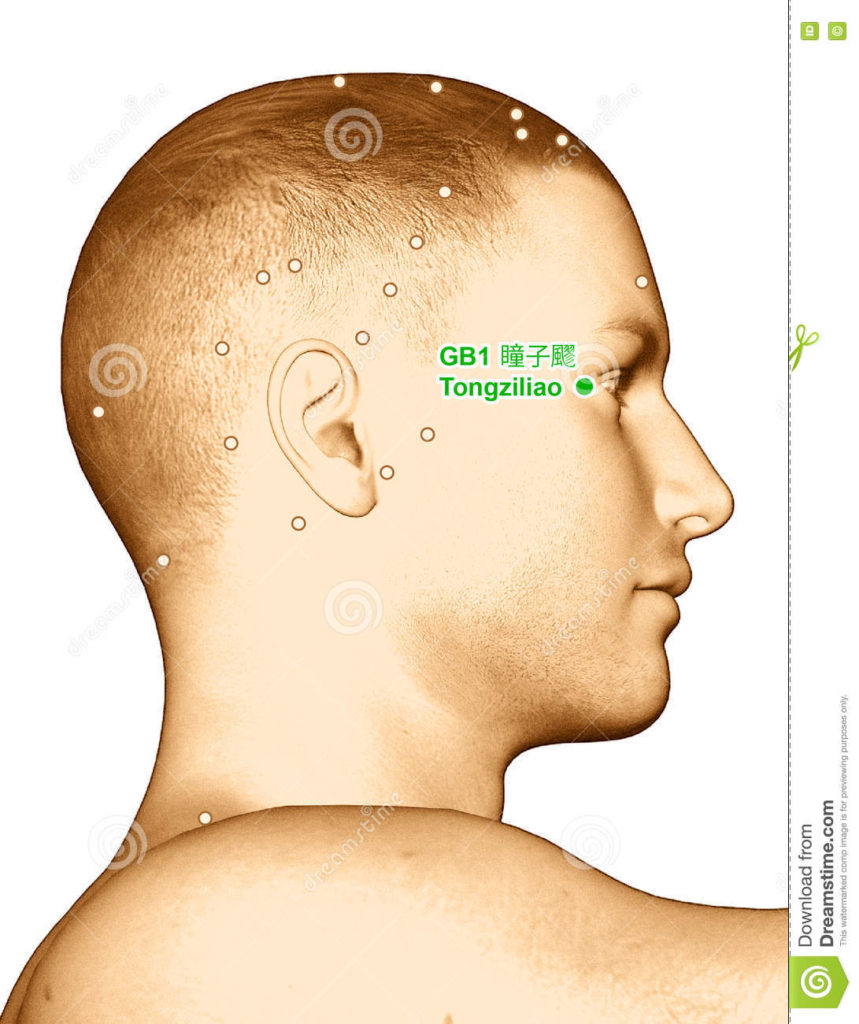
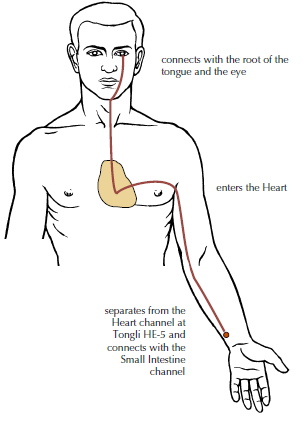
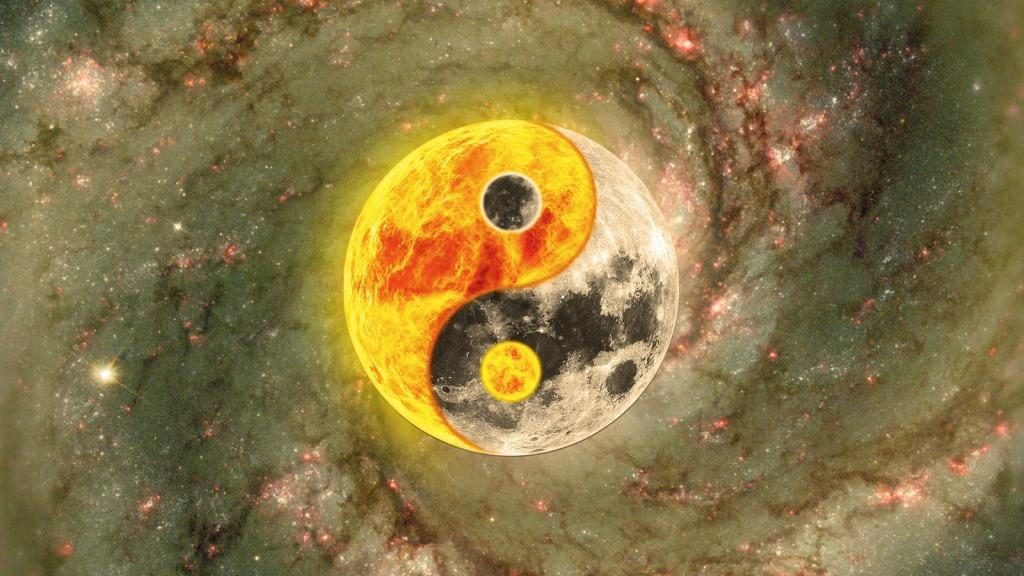


No Comments